Last Updated: 05/06/2025
Labrador Retriever Breed Guide
Learn all about one of the world's most popular dog breeds, the Labrador Retriever.
Author: Dr Teagan Lever BVSc (Hons)
Reading Time: 29 minutes - medium read



Nutrition
Feeding a high quality diet that is tailored to your Labrador's age and size will help to keep them healthy and happy. Getting nutrition right can help to prevent, reduce or manage some commonly occurring health conditions in Labradors such as obesity in adults or developmental bone and joint diseases in puppies.
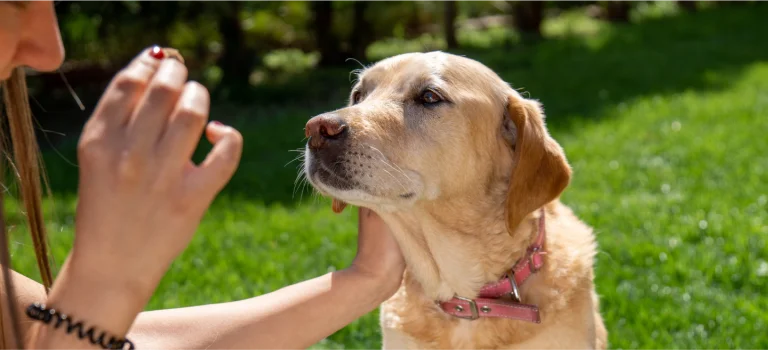
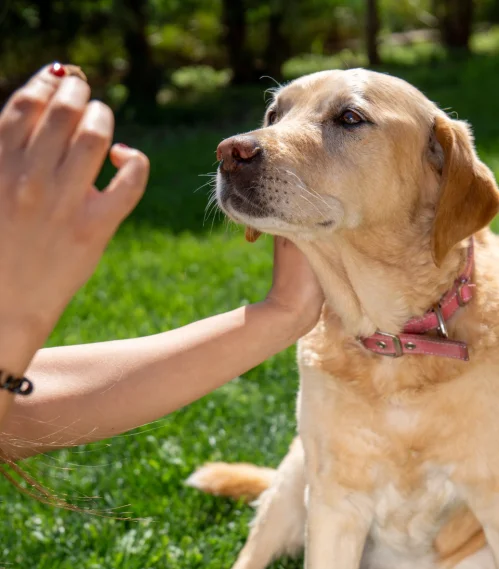
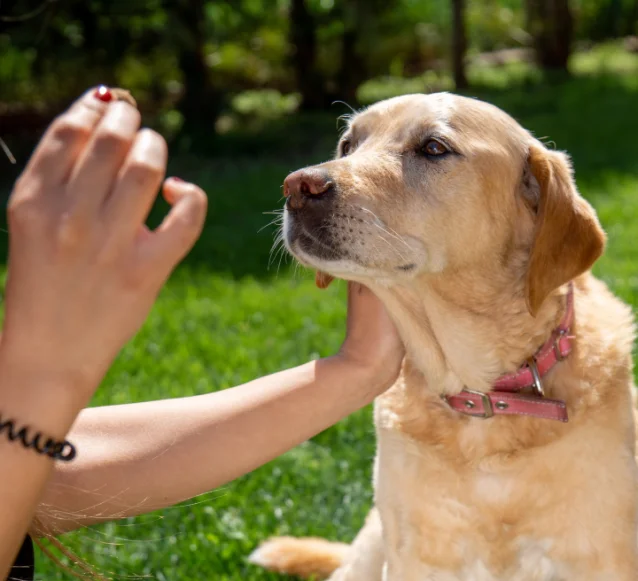
Flea & worming
Keeping your Labrador protected year round against common parasites is essential to maintaining their health. This should include coverage against fleas, ticks, heartworm and intestinal worms.



Health
For Labradors that have developed osteoarthritis, it can be helpful to add a joint care supplement into their daily routine or move to a therapeutic veterinary diet focused on mobility support. In some cases, it may be necessary to pair this with a weight management plan, as obesity and being overweight can exacerbate osteoarthritis.



Training and activity
Labradors are intelligent, eager to please and highly food motivated, which makes them typically easy to train compared to other breeds. Training should begin as a puppy and continue through to adulthood. Dog sports such as agility, tracking, scent work and trick training are all great ways to keep them mentally and physically fit. Ensuring you have a variety of different types of toys and rotating them regularly also helps to satisfy natural instincts and prevent boredom and problematic behaviour.
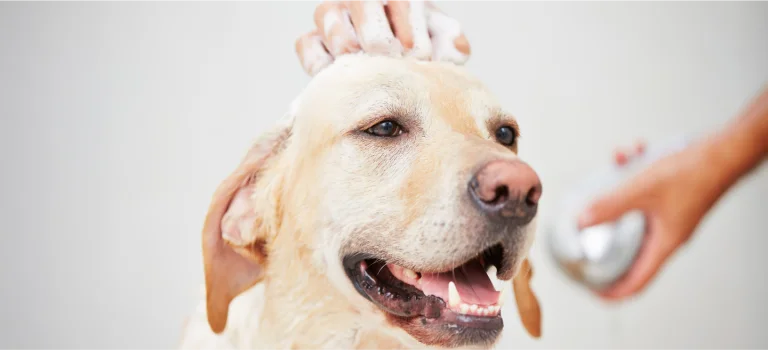
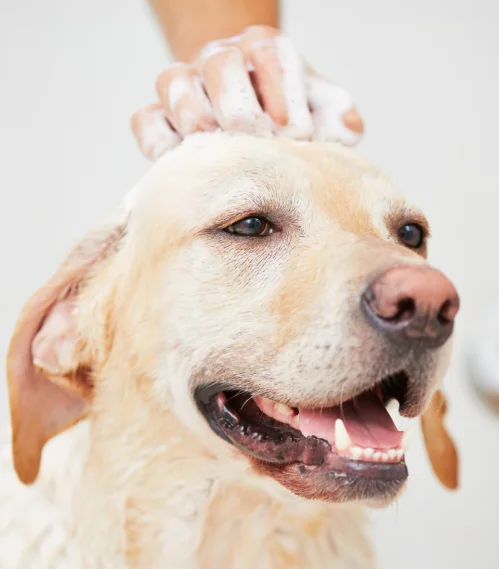
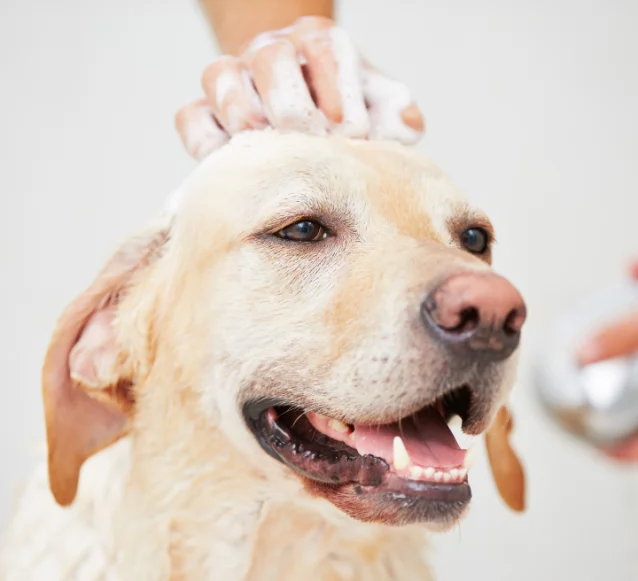
Grooming
Labradors have a dense double coat which can shed heavily in spring and summer. While they typically have quite low grooming requirements, bathing and brushing is still required to keep their skin and coat healthy.
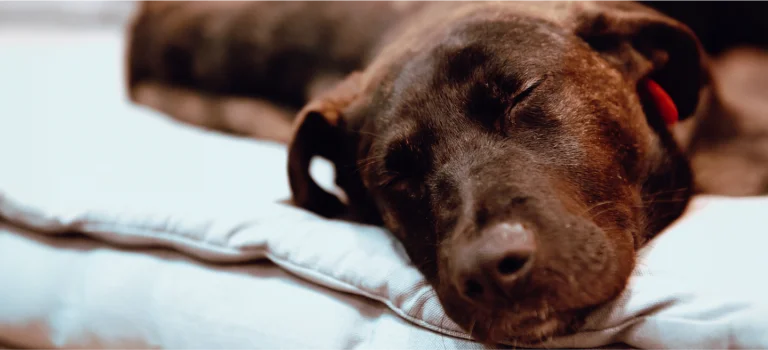


Sleep and home
Adult Labradors typically need to sleep for at least 10 hours per day, although this can vary due to age and activity levels. Even if your Labrador shares your bed at night time, it's important that they also have their own place to sleep independently of you.

